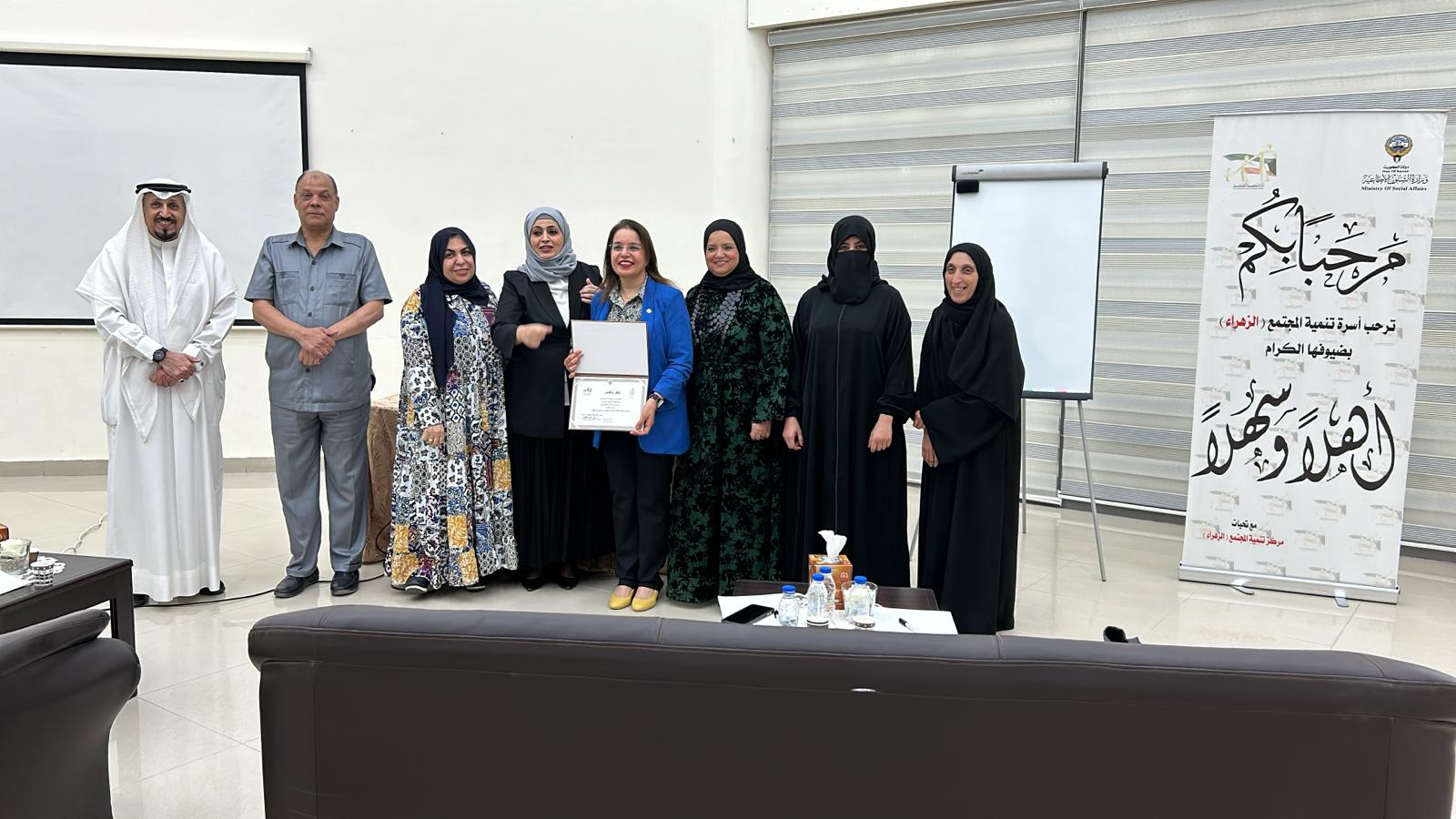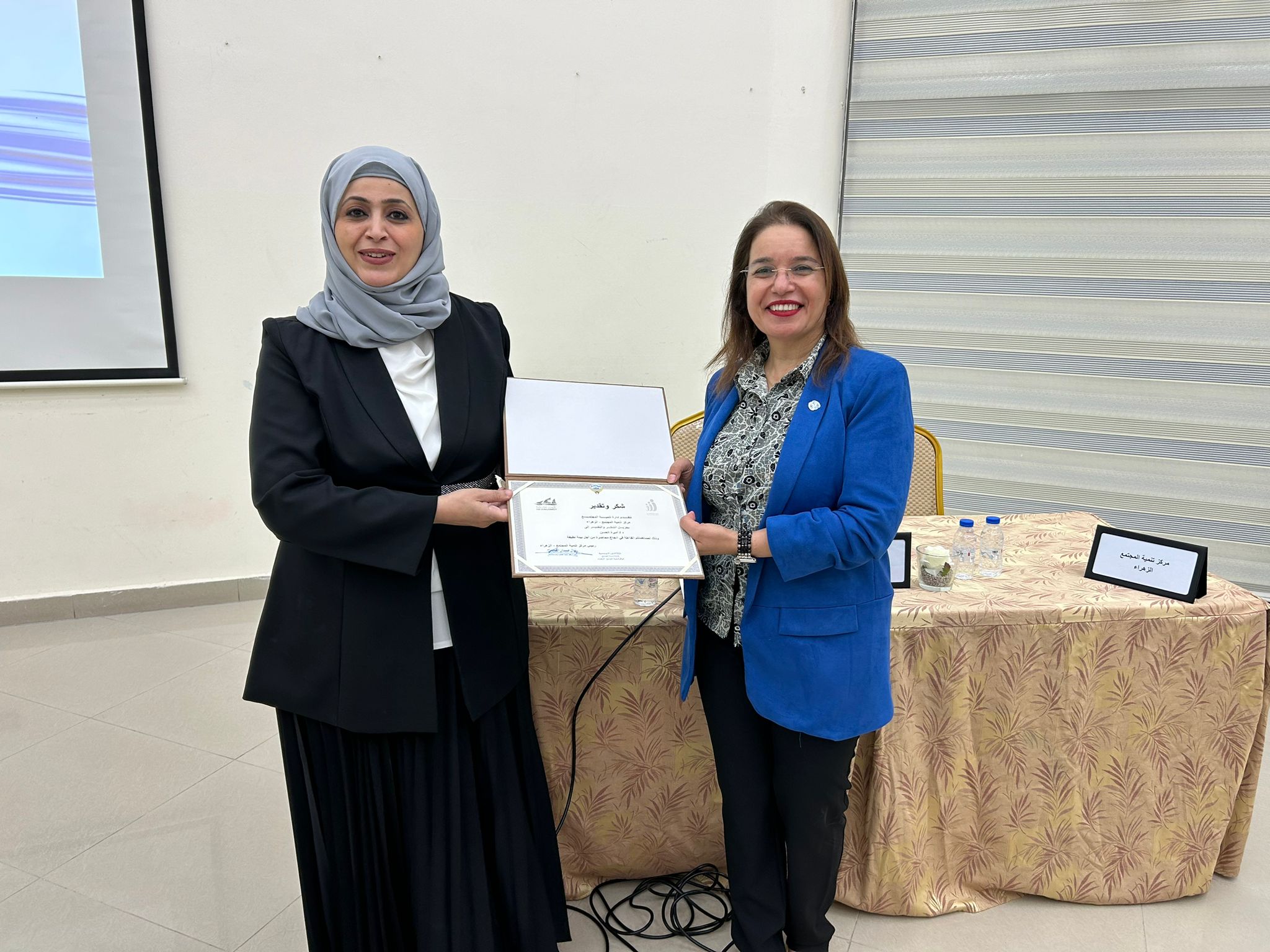UN-Habitat stresses the importance of reducing wastes
KUWAIT: Head of the United Nations Human Settlements Program (UN-Habitat) mission to Kuwait and the Gulf States (GCC), Dr Amira Al-Hassan, stressed on Tuesday the importance of reducing waste products through rational consumption that satisfies personal desires and needs without negatively affecting the environment, noting that about 60 percent of household waste is classified as organic.
Al-Hassan said in her speech during a symposium organized by the Community Development Center on the occasion of the World Clean-up Day that in light of the worsening effects of global climate change on the Arabian Gulf, which is characterized by high temperatures, everyone must work at various levels to reduce the impact of these changes on urban residents by adopting innovative solutions and interventions.
Al-Hassan reviewed international experiences in converting waste into electrical energy and sustainable environmental interventions in countries such as Singapore, Denmark, Japan, and the United Kingdom, noting that applying these experiences in Kuwait or the Gulf may not be appropriate due to the specificity of each country and the lack of a unified equation for dealing with the environment.
She praised the efforts of volunteer teams in Kuwait in this regard, recommending the cultivation of some local plants as an effective means of improving air and soil quality and enhancing sustainability in cities. Al-Hassan explained that the work of these distinguished volunteer teams reflects the spirit of altruism and love of the homeland, noting that the members of the volunteer teams invest their free time in carrying out environmental activities such as cleaning beaches, recycling workshops, and converting waste into useful products. — KUNA


















